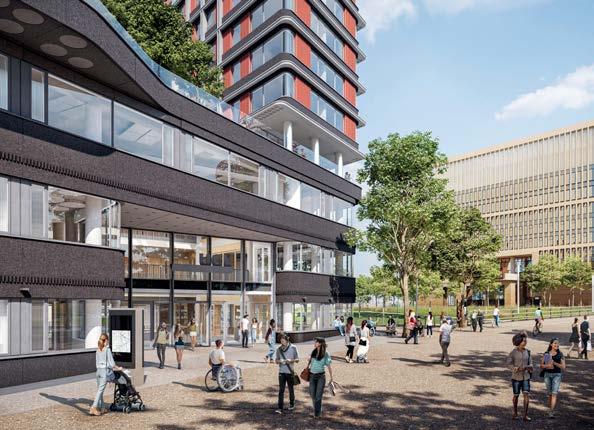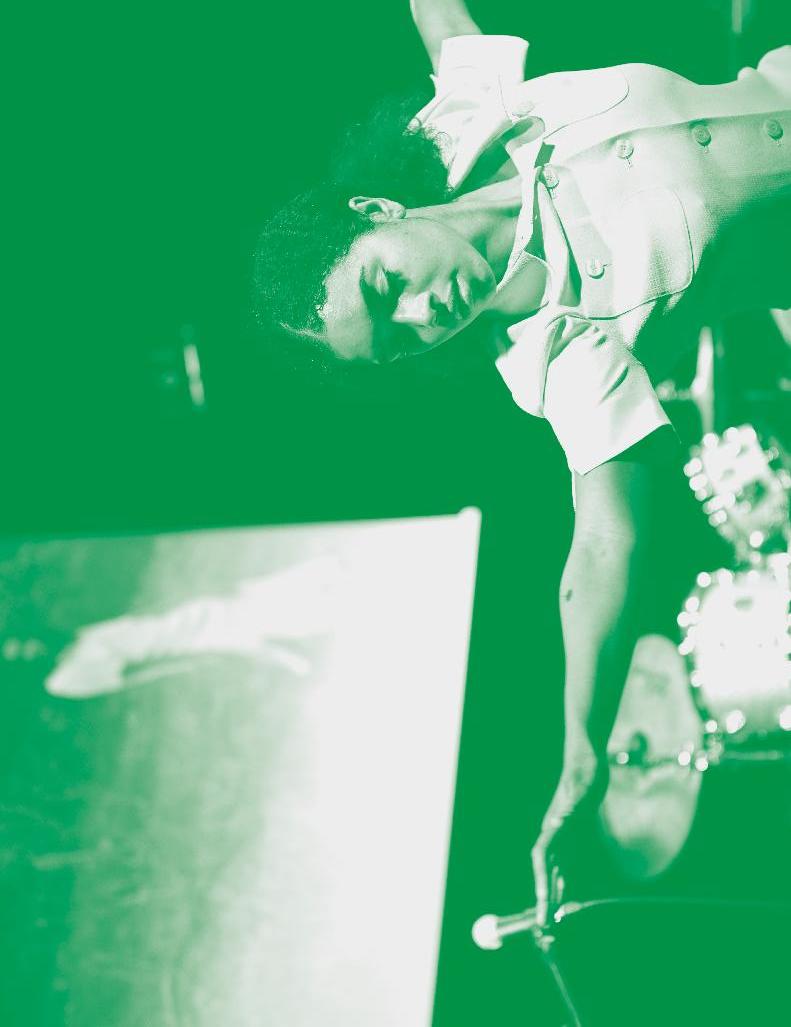
1 minute read
Looking Ahead
It is tempting to look back on 2020 as a ‘lost year’ of sorts. The pandemic forced us to put the brakes on many of the planned activities, journeys, and collaborations we were preparing. But for anyone interested in cities and urban life, it has undeniably been a period of more sudden and far-reaching change than we could have imagined, throwing us overnight into creative ways of living, working and socialising which will have a lasting legacy in terms of the way we inhabit, manage and experience our urban environments.
Moving forward, we welcome the opportunity to reflect on the impact of these changes on the way we see cities of different scales and densities, but most particularly perhaps, how we make sense of the emptiness of public space which we’ve witnessed, and the evaporation of concepts of the ‘convivial’ 24hour city which have underpinned understandings of the urban, and formation of urban policy, in the global north and west for decades. None of this is new for those who are used to living with curfews and other forms of social restriction in divided, unsafe, and dysfunctional cities throughout the world; conditions which drive displacement and migration, in the hope of better lives.
Advertisement
Looking ahead then to Urban Lab’s contributions to these debates in the coming year and beyond, we anticipate some productive conversations, framed by the theme of Emergency, around the place of improvisation, dissent and recovery in urban lives across the global north-south divide. We will address the role of key urban institutions in shaping fresh ideas about participation in better urban futures, with an event on Museums, Cities and Power scheduled for the summer, and our sights trained on the emerging space of the new UCL East Urban Room and Memory Workshop as a much-needed future resource for public participation in urban debates from 2022. And, in the years following Brexit, we will continue to nurture and develop important historical ties with our colleagues and fellow city-dwellers across mainland Europe, recognising the value of shared experience in addressing and mending difficult, colonising pasts, in order to build better urban futures in harmony with renewable planetary resources and human wellbeing.
Rendering of the under-constrruction UCL EAST campus in Stratford. Credit: Glass Canvas.




